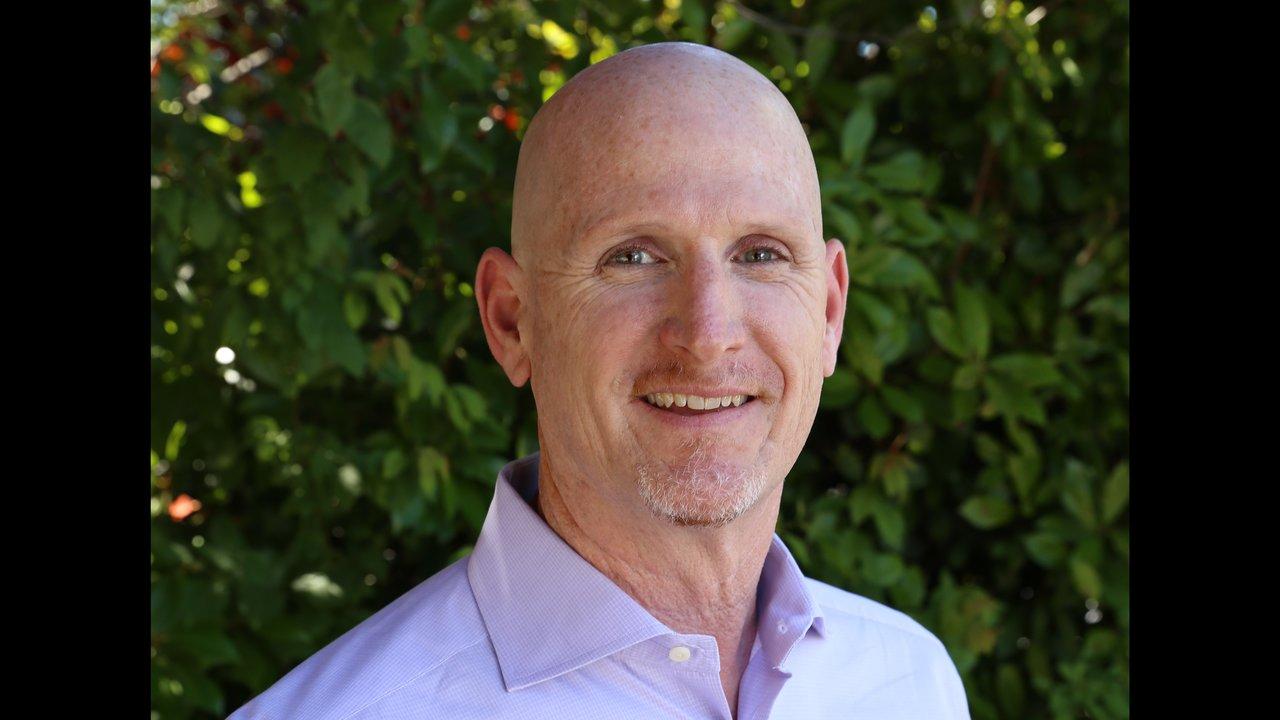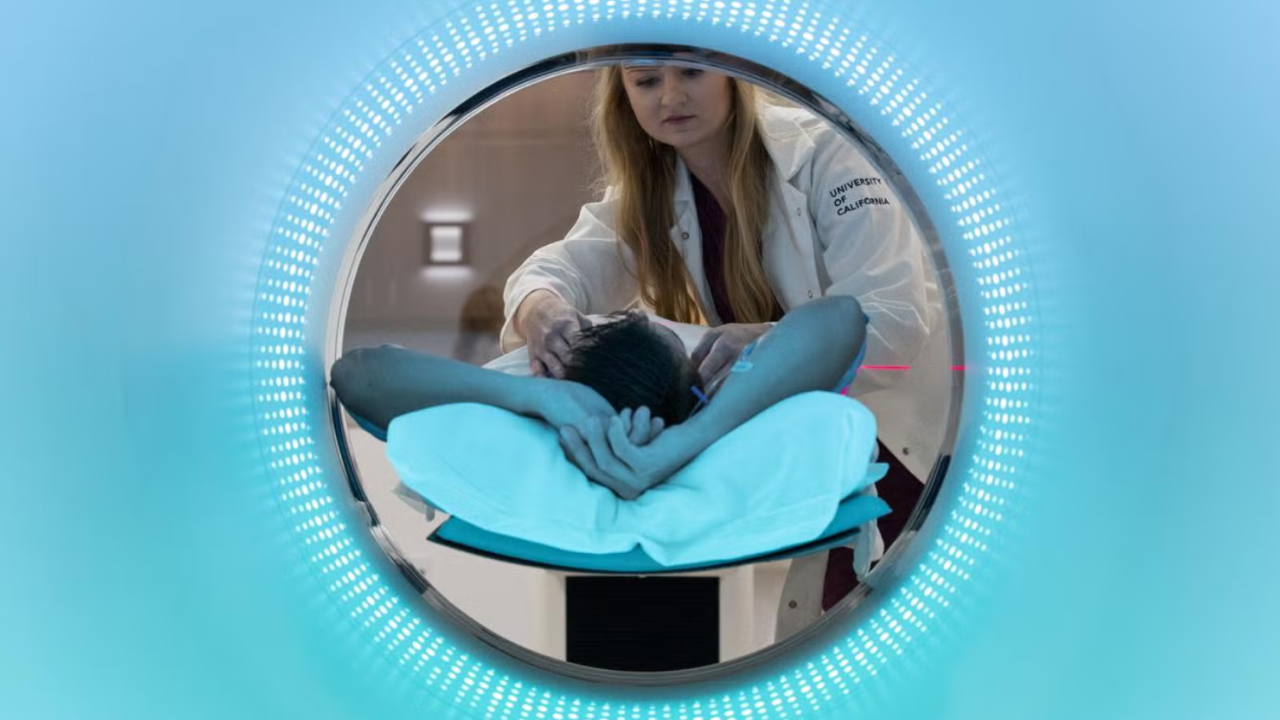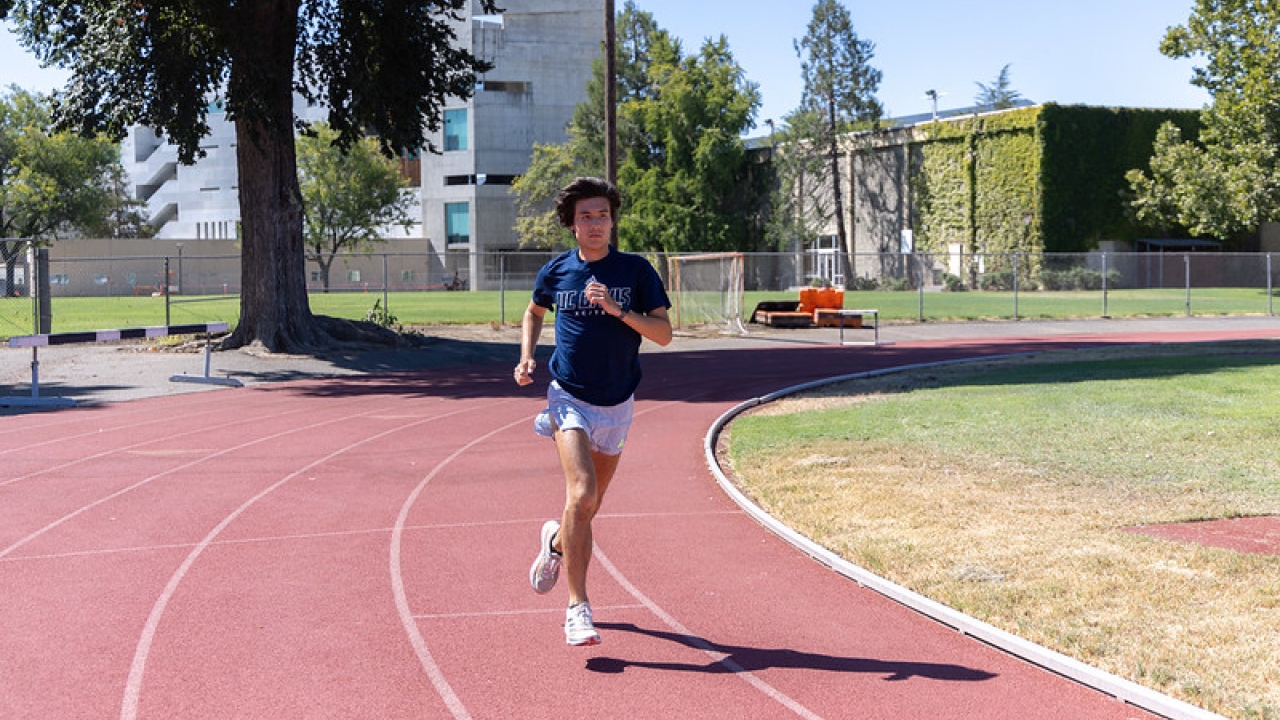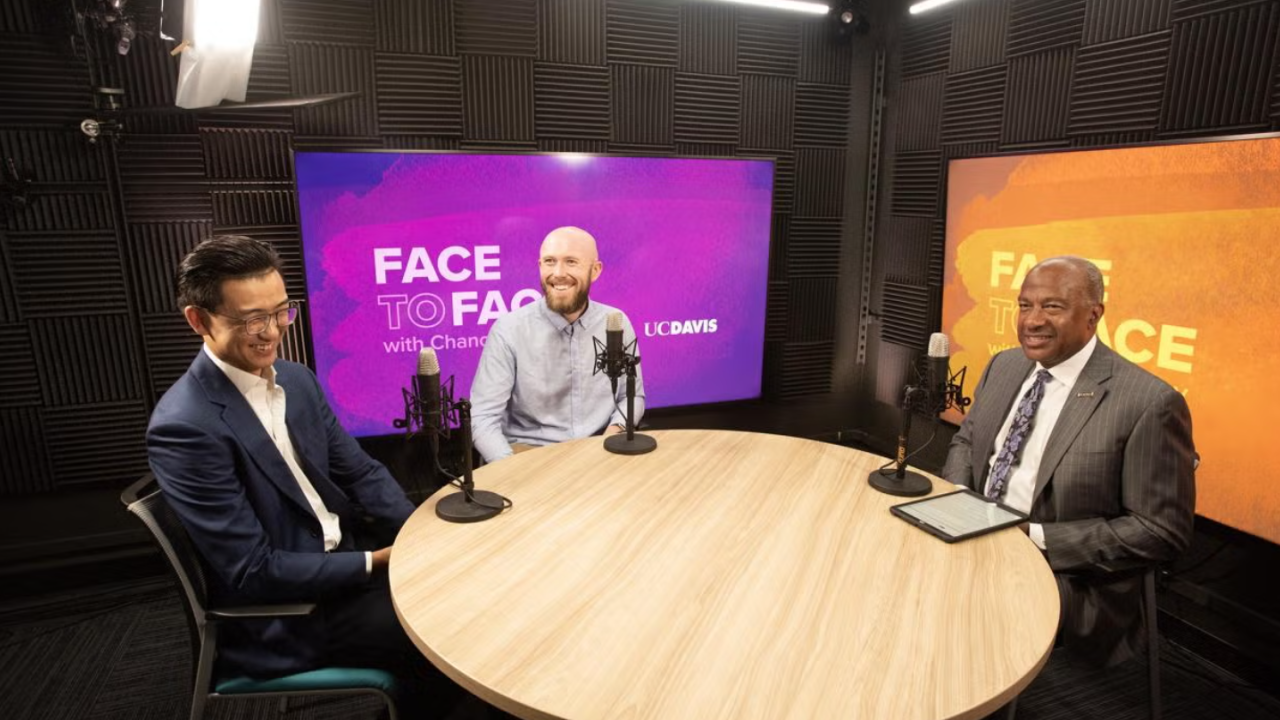
Alumni Spotlight: Brian Peters '88
Engineering alumnus and Inneos CEO Brian Peters ‘88 is a successful leader, businessman and entrepreneur in the optics industry, but he wouldn’t lead with that. In his 25 years in business, Peters takes the most pride in leading companies with an inspired community of colleagues who have helped him carve out his place in Silicon Valley.
Inneos is an optical communication electronics manufacturer that makes laser systems and fiber optic cables, transmitters and adaptors. As CEO, Peters builds on the broad foundation he acquired at UC Davis to set the company’s direction, motivating the people around him and driving his business forward as a leader in fiber optics. This means spending a lot of time marketing while remaining an active participant in all the “big meetings” for product design, operations, finance and human resources.
“It isn’t just that I built a company—it’s that I built a company that has an impact and has a culture that’s kept most of my team on board for over 10 years and through a lot of transitions,” he said. “I’m successful because my company is successful and the company is successful because of the people and its culture.”
Aerospace Engineer to CEO
Peters entered UC Davis as an aeronautical engineer, but found his way to radio frequency (RF) engineering and materials science and double-majored in materials science and engineering and mechanical engineering. To this day, he is a self-proclaimed tech enthusiast and feels these programs at UC Davis helped him explore his interests while giving him a strong foundation to pivot to different types of engineering.
“By broadening my studies, I was setting myself up for the ability to flex with the times,” he said.
At the same time, Peters became interested in business. While at UC Davis, he drafted a personal plan to become a tech executive, starting with a few years in industry. It was in industry that a coworker told him, “lasers are a solution looking for a problem”—words that inspired him to pursue optics.
He soon went back to school for his M.B.A. from UC Berkeley and founded his first company, Universal LightSpeed, with a Berkeley colleague. After they sold it to a major CD/DVD manufacturer, he “got the bug” for entrepreneurship and started Blaze Network Products in 1997—the seed of what is now Inneos.
Through Thick and Thin
Though Inneos is successful now, this hasn’t always been the case. Peters has sold and re-bought the company twice, gone through major expansion and contraction and weathered economic uncertainty. Through it all, he and his team have been resilient, following their drive to use optical technology to make the world a better place.
“As a group of people, we have gone through a ton of very difficult times and survived that because of our company culture and that common passion,” he said. “That, to me, is the more important and lesser-known part of building a company.”
He’s done this by leaning on the skills he learned at UC Davis. He learned in mechanical engineering courses to always “keep it simple,” so he does by maintaining a flat organizational structure, giving his team a more collegial relationship than CEOs typically have with their employees. Inneos is also vertically-integrated, meaning that their products are designed, manufactured and sold completely in-house.
To keep his colleagues inspired, he brings them together at quarterly meetings to show them the fruits of their labor—Inneos products installed at major corporations, in airplanes and in home theaters across the country.
“I love finding passionate people, watching their eyes light up and seeing them become so driven that they just go,” he said.
The flexibility and broad background from his time at UC Davis also makes the company unusually resilient to change. For example, during the COVID-19 pandemic, the company found growth by shifting its focus towards hospitals and the healthcare industry, helping the world in new ways through optics.
“The reaction time to change and the ability to pivot differentiates a company that succeeds from one that dies,” he said. “I attribute a ton of my ability to do that to my time at UC Davis.”




